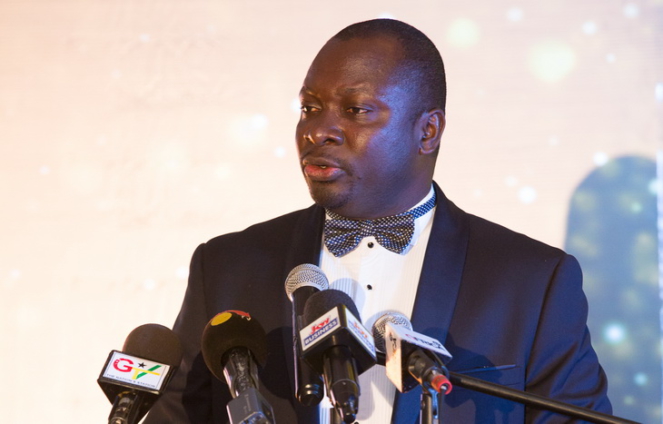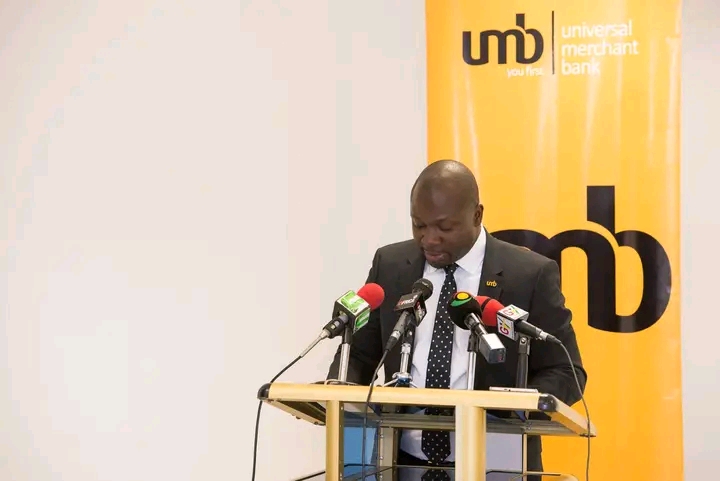Credit: Kekeli K. Blamey
The Chief Executive Officer of the Ghana Association of Banks, John Awuah, has called for sweeping reforms to Ghana’s domestic pension system, warning that the current structure is ill-equipped to deliver sustainable and adequate retirement income for the country’s aging population.
Speaking at the 2025 edition of The Money Summit (TMS2025) held in Accra under the theme “Optimising Investment and Pensions Management: Strategies for Sustainable Retirement Income and Economic Growth,” Mr. Awuah emphasized the need for diversification, improved governance, and professional fund management to safeguard the future of pensions in the country.
“The time has come to move away from our heavy reliance solely on government securities,” Mr. Awuah said, referencing the economic fallout from the government’s Domestic Debt Exchange Programme (DDEP), which significantly eroded pension fund valuations and dented investor confidence.
“We must embrace cooperative investments, build financial literacy, and ensure professional management of our pension funds.”
In response to the challenges posed by the DDEP, Mr. Awuah highlighted the urgent need to restructure pension fund portfolios to better reflect the economic realities of an increasingly volatile global environment.
He cited recent innovations, including the Ghana Stock Exchange’s introduction of a Commercial Paper market, as viable alternatives to traditional government-backed investments.
He recommended a broader embrace of alternative asset classes such as private equity, real estate, infrastructure, and renewable energy—sectors that offer the potential for higher returns and better protection against macroeconomic shocks.
Mr. Awuah referenced the Norwegian Government Pension Fund, a US$1.3 trillion sovereign wealth fund widely regarded as a model of sustainable pension investment. “Its diversified approach—including equities, real estate, private equity, and infrastructure—has not only protected it from market fluctuations but also cemented its status as a major player in global finance,” he noted.
Addressing governance concerns, Mr. Awuah also urged reforms at the Social Security and National Insurance Trust (SSNIT), the nation’s largest pension fund.
He criticized the political entanglement of leadership appointments at the institution, stating, “We must at all times ensure that SSNIT’s core leadership team is fit for purpose and not subject to the changing tides of political leadership.”
He called for the enforcement of professional standards across the pension management industry, advocating for a culture rooted in transparency, accountability, and performance.
He stated that Ghana, like many developing countries, is grappling with a growing retirement savings gap, where average monthly pension payout remains insufficient to meet basic living expenses, exacerbating the vulnerability of older citizens.
“We must take bold steps now to future-proof our pension system,” Mr. Awuah concluded, “by prioritizing sound investment strategies, governance reforms, and financial education for all stakeholders.”
The summit brought together policymakers, financial industry leaders, and institutional investors to explore sustainable solutions for strengthening Ghana’s financial architecture and long-term economic resilience.







